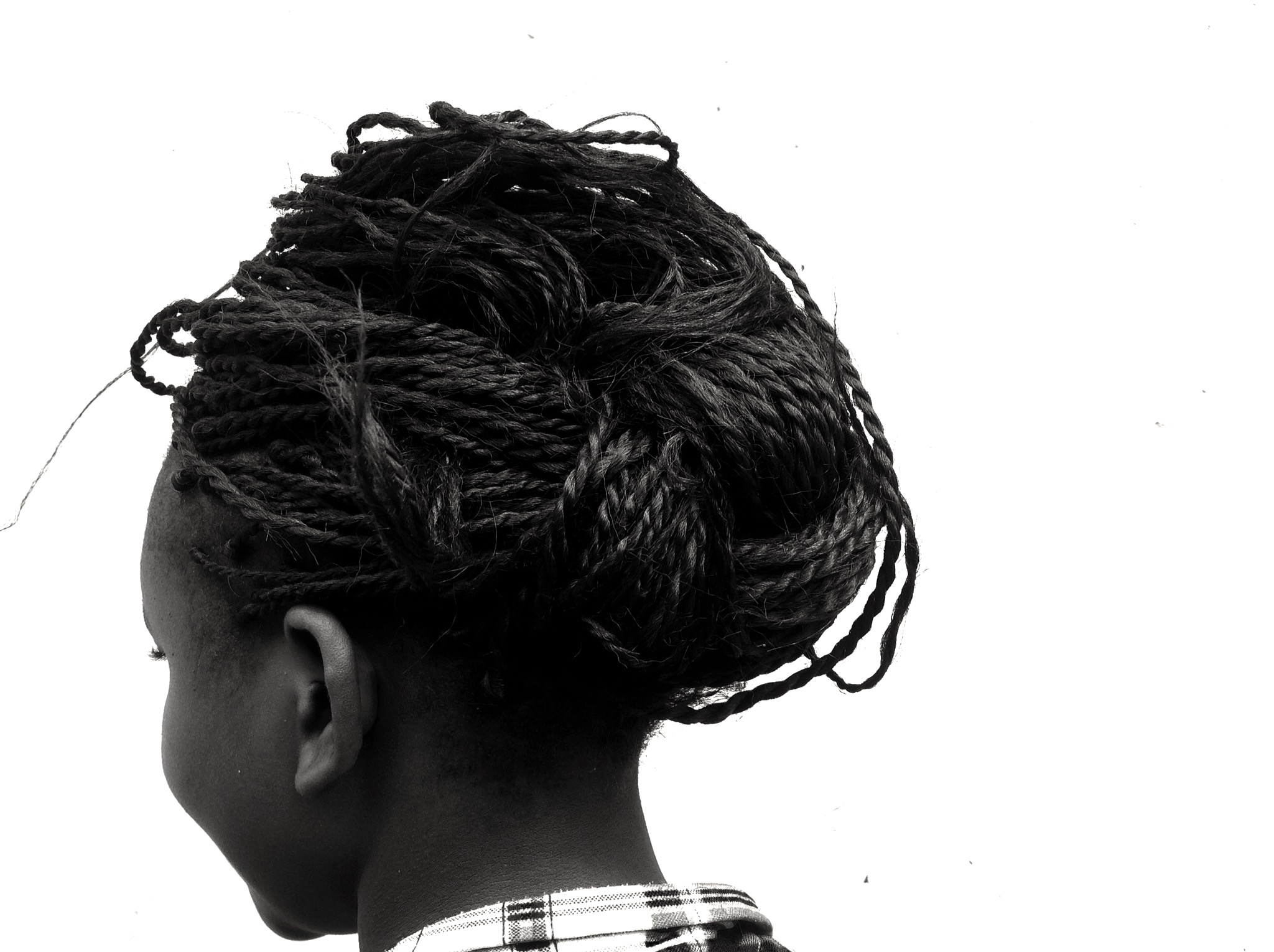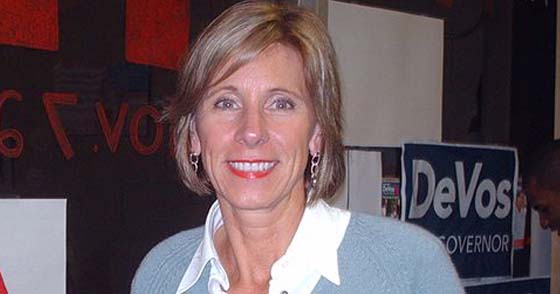Abortion rights, women of color, and LGBTQIA+ people are under attack. Pledge to join us in fighting for gender justice.
Igniting Change for Students in the Foster Care System: A Conversation With Shay House

 Shay House is a 21 year old student activist from Oakland, California. After growing up in foster care, she now advocates for youth in the foster care system and works to end social inequality more generally. Her responses have been lightly edited for length and clarity.
Shay House is a 21 year old student activist from Oakland, California. After growing up in foster care, she now advocates for youth in the foster care system and works to end social inequality more generally. Her responses have been lightly edited for length and clarity.
What was your experience like in school?
When I was in middle and high school, I quickly realized people who looked like me got treated differently in school. For example, if I would ask a question, teachers would assume I was being combative rather than a curious student who wanted to go deeper into the dialogue to have a better understanding. This happened several times throughout middle school and high school. As a result, I became more reserved because I was nervous about asking questions and getting kicked out of class. I missed out on so many opportunities because of my experience in school.
Who did you turn to when you faced discrimination and stereotypes in school?
Honestly, I didn’t have many people to turn to. The treatment of the school system pushed me away. On top of that, being in the foster care system I went through multiple placements and different schools. When I would face struggles at school, I did not have a stable home where I could share my experience and cope with those feelings. I just accepted my reality and felt there was nothing I could do to change it. At that time I just accepted it and learned how to deal with it by finishing school and trying not to step on anyone’s toes.
How did being in the foster care system impact your life at school?
I moved around a lot and it was hard for teachers to deal with that because I would be in classes that I already completed. This resulted in me being in remedial classes that I was too advanced for. In my senior year of high school, I would finish my work in 15 minutes and do nothing for the remainder of class. It was also hard for me to make connections with students and teachers because I kept moving schools. I only focused on my homework and not social outings because more than likely I would not be at that school for too long. This contributed to me not having a teacher or someone who I could turn to.
What are three things, you wish you would have had in school?
- A point person in school: It’s difficult moving schools and having to navigate on your own. So having a person whose sole job to check-in on the students who experience school mobility would have provided benefits for people like me, and eliminate those potential problems.
- A diverse and inclusive classroom: When you’re a person of color, sometimes the only thing you hear about people of color is that they’ve been enslaved. I want teachers who look like me and positive lessons on my history.
- Belief in me and my abilities: An African American student should not immediately be seen has a slow student. You should not automatically place me into remedial classes that are less challenging. I was bored in school because I was placed in classes that were way too easy instead of moving me to an AP (Advanced Placement) class. I was stagnant. This would have provided me support so I would be more engaged in my school work.
As a foster care youth advocate, what are your thoughts on how the advocacy community, and the country, is dealing with these issues? Do you think it is getting the attention it deserves?
It is not getting the air time it needs. In any advocacy, folks who have experienced some type of oppression should be at the forefront. We need more air time and more people to speak up and share their stories. Statistics are great and we want to show the evidence, but emotional stories push our agenda to the point where people can get behind it. This is why I’m a strong believer that you must speak out in order to ignite the change that you believe in.
What would you say to other students who have been in similar situations?
- First of all, don’t give up. Right now times might be difficult, but giving up is the one thing you cannot do – or else [they] win and it creates a cycle.
- Push through and find your community. I’m sure whatever you are going through that someone near you is going through the same thing.
- Find one adult ally, who you trust and feel truly cares about you. Also, do not be afraid to voice your opinion.
- Trust your judgement. If you feel that an injustice is taking place, there’s bound to be something wrong.
- Fight back with your community. Brainstorm ways to combat the injustices you’re facing.
- Do not let the system dissuade you from your dreams.
- Share your story. You can use your story as testimony to help and inspire other people going through the same thing. This directly shows that change can happen.
How else can everyday people join this fight?
Listening. It’s ok to just shut-up sometimes and listen to someone when they share their story. By actually listening you can offer your support. It is important to learn when to act and when to listen to be there for support. Sometimes you can have an opinion, but often you may have no idea what direction is best for that person and their experiences. Most of the time, it’s not all about money – instead its time and commitment. Sure, donations are helpful, but be sure to actually be there for people and spread the message of someone’s cause.




